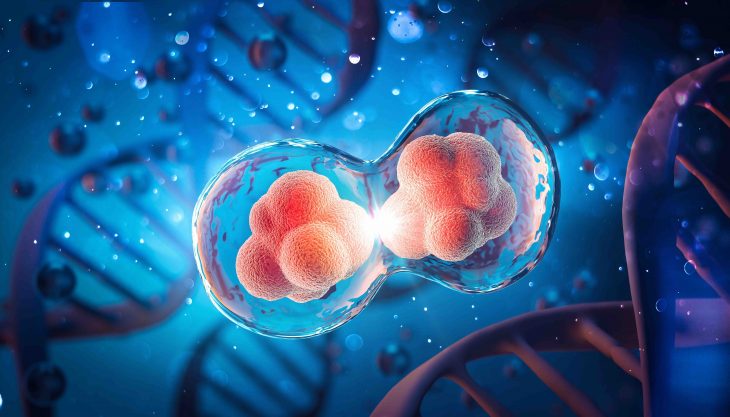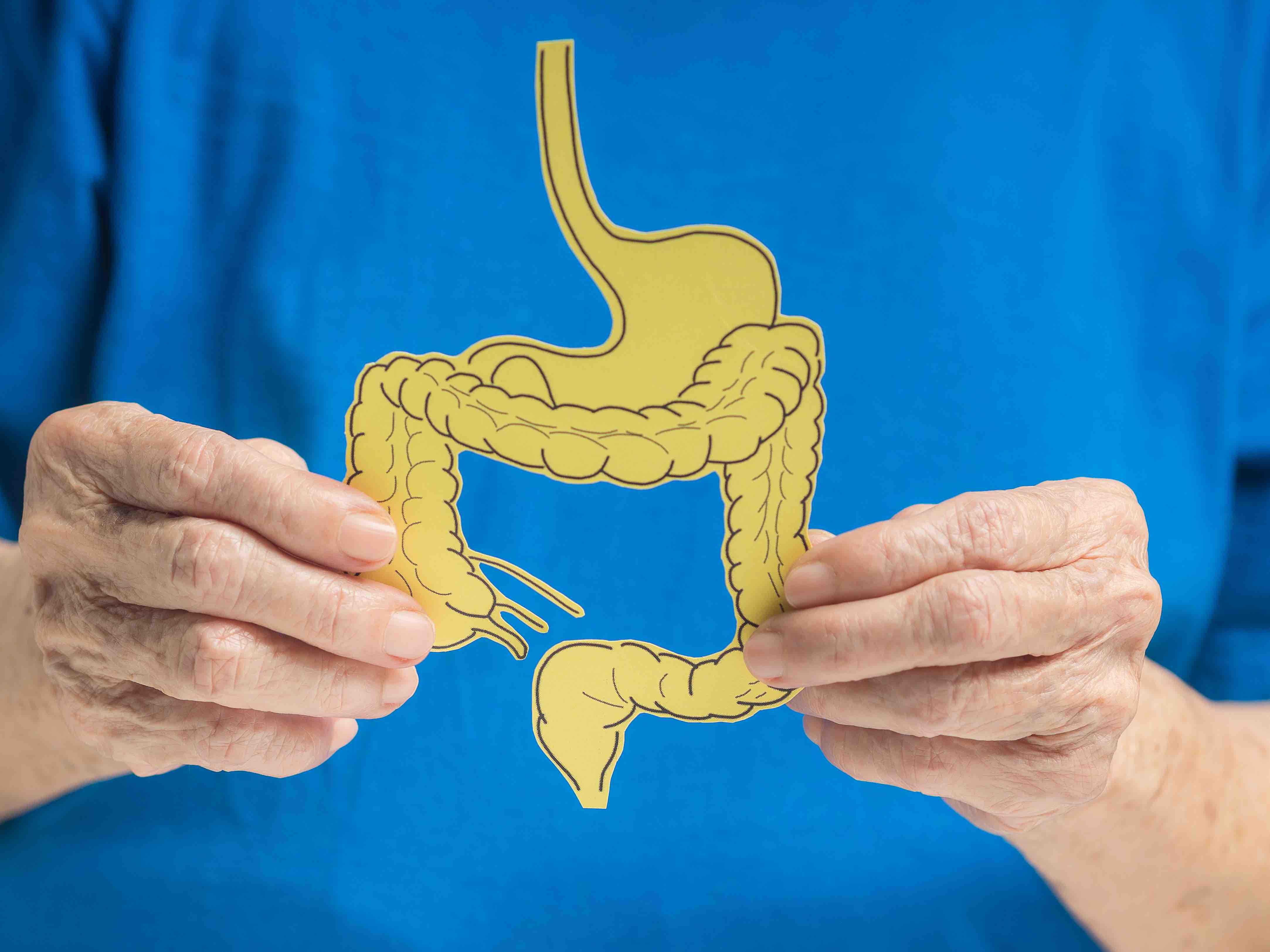
Enzymes are silent workhorses, carrying out every function required to sustain life. They are fascinating biological catalysts that play critical roles in our bodies. To appreciate their complexity and importance, let’s delve into 10 amazing facts about enzymes.
Defining Enzymes
An enzyme is a type of protein that speeds up chemical reactions in cells. They play a fundamental role in various biological processes, such as digestion, DNA synthesis, energy production, and detoxification, to name a few. The uniqueness of enzymes lies in their exceptional ability to facilitate and accelerate chemical reactions without being consumed or changed.
A World of Specificity
Enzymes are incredibly specific in their function. Each enzyme is designed to perform one particular reaction or a group of related reactions. The key to this specificity lies in the enzyme’s structure, especially in the configuration of the active site – the place where the substrate, or the molecule the enzyme acts on, binds.
They’re Fast… Really Fast
Enzymes are speed demons of the microscopic world. They can accelerate reactions by factors of at least a million. So, a reaction that would ordinarily take over 3,000 years to complete naturally can be accomplished in just a few seconds with the help of an enzyme!
The Role of Enzymes in Digestion
Digestive enzymes are essential for breaking down the food we eat into nutrients that our bodies can use. For instance, amylase, produced in the salivary glands and the pancreas, helps break down carbohydrates into simple sugars. Proteases break down proteins into amino acids, and lipases break down fats into fatty acids and glycerol.

Enzymes are Affected by Temperature and pH
Just like Goldilocks, enzymes like conditions to be just right. Each enzyme has an optimal temperature and pH at which it works most efficiently. Human enzymes usually work best at body temperature (37 degrees Celsius) and neutral pH levels (around pH 7). Too high or too low temperatures and pH levels can cause enzymes to denature, losing their structure and functionality.
Enzymes in Industry and Cleaning Products
Enzymes aren’t just in our bodies; they’re also in our homes. They play a crucial role in the production of many everyday products, including bread, cheese, beer, and wine. They’re also a key ingredient in many cleaning products, breaking down stains and dirt at a microscopic level.
DNA Replication and Repair
Enzymes are also essential in the process of DNA replication and repair. DNA polymerase is an enzyme that assists in replicating DNA when a cell divides. Other enzymes, like DNA ligase and Topoisomerase, ensure the new DNA strands are correctly linked and untangled.
Enzymes in Medicine
Enzymes play a crucial role in medicine, from diagnosing diseases to their treatment. For instance, measuring the levels of certain enzymes in the blood can help diagnose heart disease, liver disease, or certain types of cancers. Moreover, enzyme replacement therapy is used to treat diseases caused by enzyme deficiencies, such as Gaucher’s disease and Fabry disease.

Inhibition and Activation of Enzymes
Certain substances can inhibit or activate enzymes. Inhibitors bind to enzymes and reduce their activity, while activators increase their activity. This process is used by cells to regulate enzyme activity. Many drugs used in medicine work by inhibiting the activity of specific enzymes.
Enzymes and Aging
Research suggests that the number and activity of enzymes in our body decrease as we age, which may lead to slower metabolism, decreased energy, and other age-related changes. However, maintaining a healthy diet, regular exercise, and a balanced lifestyle can help to keep our enzymes working efficiently.
Final Word
In conclusion, enzymes are one of nature’s most fantastic tools. Their specificity, efficiency, and the variety of reactions they catalyze make them essential to life. Understanding them better allows us to appreciate their incredible potential in areas ranging from biotechnology to medicine. As research continues, we can expect even more amazing discoveries about enzymes in the future.
Was this page helpful?
Our commitment to delivering trustworthy and engaging content is at the heart of what we do. Each fact on our site is contributed by real users like you, bringing a wealth of diverse insights and information. To ensure the highest standards of accuracy and reliability, our dedicated editors meticulously review each submission. This process guarantees that the facts we share are not only fascinating but also credible. Trust in our commitment to quality and authenticity as you explore and learn with us.
